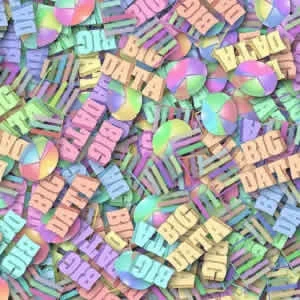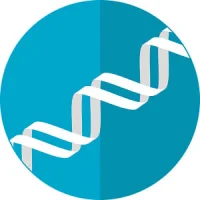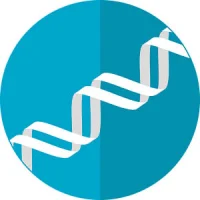Most health systems, analysts say, can meet most of their analytics and reporting needs even without big data. They believe however that new use cases supporting genomics and Internet of Things (e.g., smart phones, wearable medical devices, sensors, etc.) will require big data-style solutions.
Use of big data requires a high level of technical expertise. This is a major factor why in healthcare big data utilisation currently is mostly related to research work. In fact, most organisations need data scientists to manipulate and get data out of a big data environment, according to Doug Adamson, Chief Technology Officer at Health Catalyst.
"The good news is thanks to changes with the tooling, people with less-specialised skillsets will be able to easily work with big data in the future," Adamson explains. "Big data is coming to embrace SQL as the lingua franca for querying. And when this happens, it will become useful in a health system setting."
Microsoft’s Polybase is an example of a query tool that enables users to query both Hadoop Distributed File System (HDFS) systems and SQL relational databases using an extended SQL syntax. Other tools such as Impala, enable the use of SQL over a Hadoop database.
Another barrier to wider use of big data is a lack of robust, integrated security surrounding it. For hospitals, the privacy and security of patient data can't be compromised. There are some steps they can take to enhance security of big data. Because big data runs on open source technology with inconsistent security technology, it would be wise for organisations to carefully choose their big data vendor and avoid assuming that any big data distribution they select will be secure.
The best option for healthcare organisations looking to implement big data is to purchase a well-supported, commercial distribution rather than starting with a raw Apache distribution, says Adamson. An example of a company with a well supported, secure distribution is Cloudera. This company has created a Payment Card Industry (PCI) compliant Hadoop environment supporting authentication, authorisation, data protection, and auditing.
Big data will really become valuable to healthcare in what’s known as the internet of things (IoT), notes Adamson. Made up of millions of sensors and devices that generate incessant streams of data, the IoT can be used to improve our lives in many ways.
By 2020 there will be more than 25 billion connected devices in the IoT, says a report from analyst firm Gartner. For healthcare, any device that generates data about a person’s health and sends that data into the cloud will be part of this IoT. In addition, some medical devices can also send data into the cloud: blood pressure monitors, pulse oximeters, glucose monitors, and much, much more.
"Big data is the only hope for managing the volume, velocity, and variety of this sensor data," says Adamson.
"Real-time alerting is just one important future use of big data. Another is predictive analytics. The use cases for predictive analytics in healthcare have been limited up to the present because we simply haven’t had enough data to work with. Big data can help fill that gap."
Healthcare organisations, he says, cannot afford to wait for big data technology to mature before diving into analytics. It's important for them to choose a data warehousing solution that can easily adapt to the future of big data.
Source: Health Catalyst
Image Credit: Pixabay
Latest Articles
big data, genomics, Health Systems, Internet Of Things
Most health systems, analysts say, can meet most of their analytics and reporting needs even without big data. They believe however that new use cases supporting genomics and Internet of Things (e.g., smart phones, wearable medical devices, sensors, etc.)










